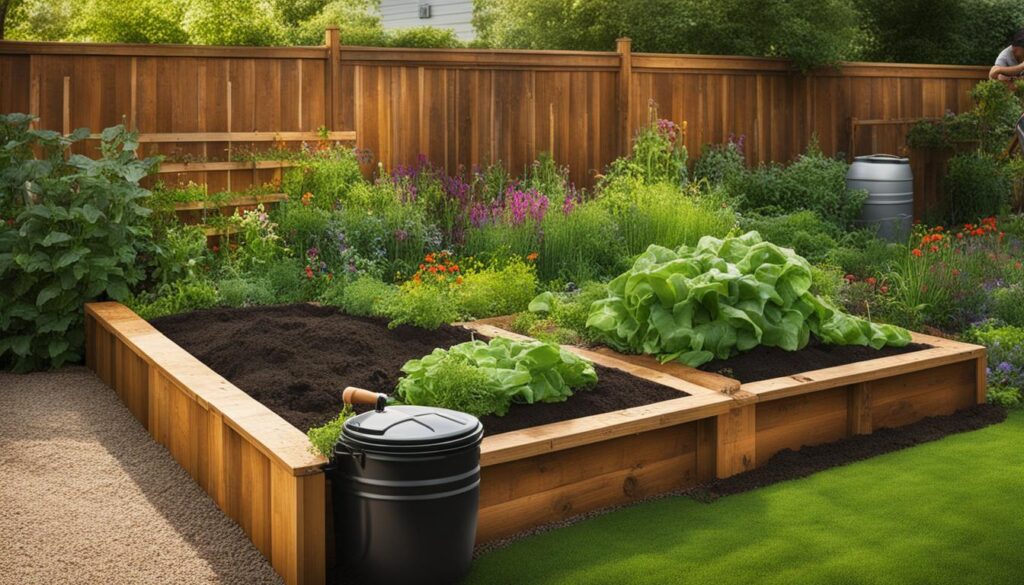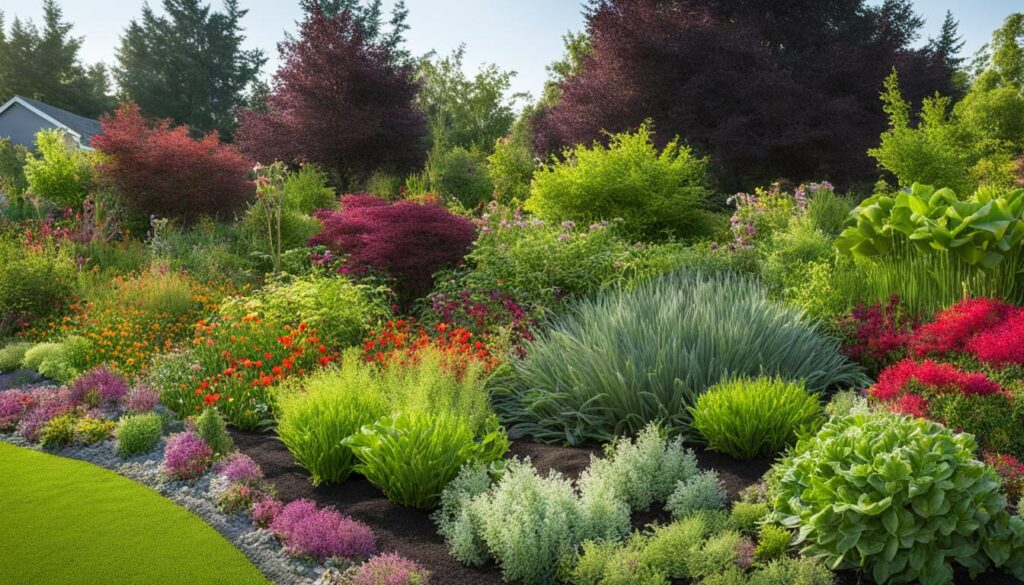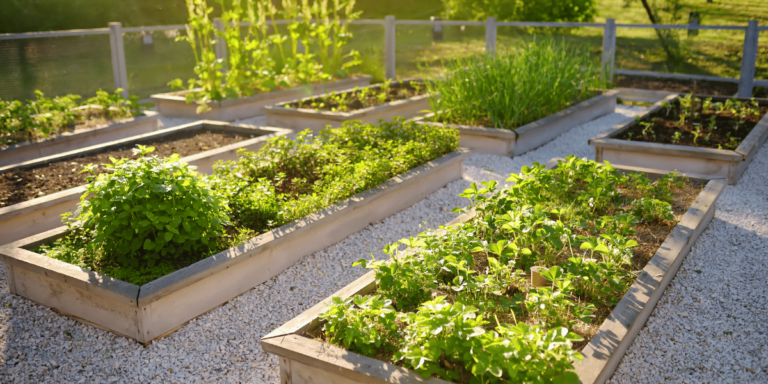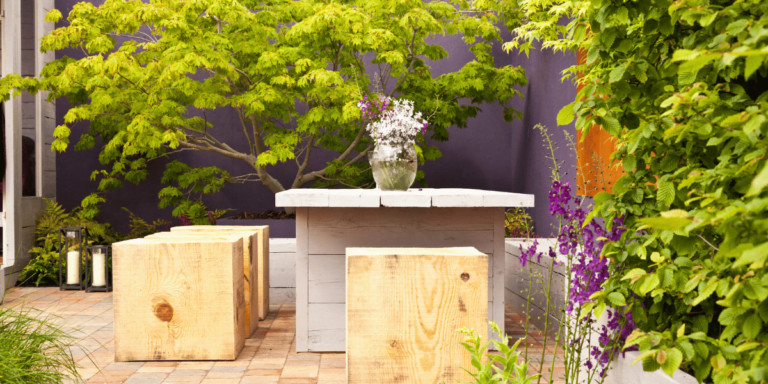Gardening is more than just a hobby; it is a sustainable practice that allows us to contribute to a greener future. By embracing eco-friendly gardening techniques and sustainable practices, we can cultivate our own food, reduce our carbon footprint, and create a healthier environment for ourselves and future generations.
Through eco-friendly gardening, we can minimize the use of harmful chemicals, promote biodiversity, and make a positive impact on the planet. Growing our own vegetables, fruits, and herbs not only ensures that we have access to fresh, organic produce but also reduces our reliance on industrial agriculture. This, in turn, helps to reduce the use of pesticides, minimize transportation emissions, and conserve water resources.
Whether you have a spacious backyard or a small balcony, sustainable gardening can be practiced by anyone. It allows us to connect with nature, appreciate the beauty of plants, and reap the rewards of our efforts. From reducing food waste to promoting a self-sufficient lifestyle, eco-friendly gardening is a powerful tool for creating a greener future.
Key Takeaways:
- Embrace eco-friendly gardening techniques to reduce harmful chemical usage.
- Growing our own food reduces reliance on industrial agriculture and minimizes transportation emissions.
- Eco-friendly gardening promotes biodiversity and a healthier environment.
- Sustainable gardening can be practiced in various spaces, from backyards to balconies.
- By gardening, we can reduce food waste, foster self-sufficiency, and support a sustainable lifestyle.
The Benefits of Gardening
Gardening is a sustainable practice with numerous benefits that contribute to a healthier and greener future. By engaging in sustainable gardening methods, we can reduce our carbon footprint, promote biodiversity, and create a more environmentally friendly world.
Growing our own food
One of the key advantages of gardening is the ability to grow our own food. By cultivating fruits, vegetables, and herbs in our gardens, we decrease our reliance on industrial agriculture, which often involves harmful pesticides, transportation emissions, and excessive water usage. Sustainable gardening allows us to consume food that is free from harmful chemicals while reducing the environmental impact associated with mass farming.
Reducing carbon footprint
Sustainable gardening actively contributes to the reduction of carbon emissions and climate change. By planting and nurturing a variety of plants, we help sequester carbon dioxide from the atmosphere. This natural process helps mitigate the impacts of greenhouse gases and promotes a healthier environment. Sustainable gardening also minimizes the need for transportation and packaging associated with store-bought produce, further reducing our carbon footprint.
Promoting biodiversity
Gardens that incorporate diverse plants promote biodiversity and create a balanced ecosystem. By cultivating a variety of flowers, plants, and trees, we provide habitats and food sources for a range of beneficial organisms, including pollinators like bees and butterflies. This biodiversity helps maintain natural ecosystems, enhances soil health, and reduces the need for chemical fertilizers and pesticides.
| Benefits | Description |
|---|---|
| Reduces Carbon Footprint | Gardening reduces the need for carbon-intensive agricultural practices and decreases transportation emissions. |
| Promotes Biodiversity | Gardens with diverse plants provide habitats and food sources for a wide range of beneficial organisms. |
| Increases Food Security | Growing our own food ensures access to fresh, nutritious produce and reduces reliance on external food sources. |
| Improves Mental Well-being | Gardening has been associated with reduced stress levels and improved overall mental health. |
| Enhances Local Ecosystem | Well-maintained gardens contribute to a healthier and more balanced local ecosystem. |
Tips for Beginner Gardeners
Starting a garden can be daunting for beginners, but with a few essential sustainable gardening tips, anyone can kickstart their sustainable gardening journey.
- Start Small: It’s recommended to start with a small plot or containers to gain experience and build confidence. This allows you to manage the garden effectively and learn as you go.
- Choose the Right Plants: Consider the climate and soil conditions in your area when selecting plants. Opt for varieties that are well-suited to these conditions to ensure successful growth and a thriving garden.
- Plan the Garden Layout: Optimize sunlight by planning the layout of your garden. Take into account factors such as space, sun exposure, and plant height to ensure each plant has enough space to grow and receive adequate sunlight.
- Water Wisely: Watering your garden wisely promotes sustainability. Avoid overwatering by monitoring the moisture levels in the soil and watering only when necessary. Installing a drip irrigation system can help conserve water and ensure plants receive the right amount of hydration.
- Compost Kitchen Scraps and Yard Waste: Composting is an essential practice in sustainable gardening. By composting kitchen scraps and yard waste, you can reduce waste sent to landfills and create nutrient-rich soil amendments for your garden.
Get started on your sustainable gardening journey
Follow these sustainable gardening tips to create a beautiful and eco-friendly garden. Remember, gardening is a learning process, so don’t be afraid to experiment and adapt as you go. With time and experience, you’ll develop your own sustainable gardening practices and enjoy the rewards of a thriving garden.
The Best Plants for a Sustainable Garden
Certain plants are well-suited for sustainable gardening due to their low maintenance requirements, high yields, and environmental benefits. Incorporating these plants into your garden not only helps conserve resources but also ensures a beautiful and thriving green space. Here are some excellent choices for your sustainable garden:
Leafy Greens
- Lettuce: With its quick-growing nature, lettuce provides a constant source of fresh, healthy greens. Its versatility makes it a staple in salads, wraps, and sandwiches.
- Spinach: Packed with nutrients, spinach is another fast-growing leafy green that can be easily incorporated into various dishes.
- Kale: Known as a superfood, kale is rich in vitamins and antioxidants. It’s easy to grow and adds a nutritious element to smoothies, stir-fries, and salads.
- Swiss Chard: This vibrant and flavorful green is not only visually appealing but also a great source of vitamins and minerals. It can be used in sautés, soups, and stews.
Herbs
- Basil: An aromatic herb that adds a delightful fragrance and flavor to pasta dishes, pizzas, and salads.
- Mint: With its refreshing taste, mint is perfect for teas, cocktails, and desserts.
- Rosemary: Known for its distinct aroma, rosemary pairs well with roasted meats, grilled vegetables, and marinades.
- Thyme: This versatile herb is a great addition to soups, stews, roasted vegetables, and savory baked goods.
Tomatoes
Tomatoes come in countless varieties, making them a popular choice for both beginner and experienced gardeners. These juicy and flavorful fruits are not only delicious but also packed with essential vitamins and antioxidants.
Root Vegetables
- Carrots: A staple in many diets, carrots are crunchy, sweet, and an excellent source of vitamins and fiber.
- Radishes: Quick-growing and with a peppery flavor, radishes add a vibrant touch to salads and sandwiches.
- Beets: These vibrant and nutritious root vegetables are delicious roasted, pickled, or blended into smoothies.
By including these plants in your sustainable garden, you can enjoy fresh and nutritious produce while minimizing maintenance efforts. Whether you have a small balcony or a spacious backyard, these low maintenance plants are perfect for any gardening space.
Reducing Food Waste through Gardening
One significant advantage of starting a home garden is the reduction of food waste. By growing our own food, we can harvest precisely what we need, minimizing waste and saving money. Instead of buying large quantities of produce from the store, where items often spoil before we can consume them, home-grown vegetables, fruits, and herbs allow for a more efficient and sustainable approach to food consumption.
When we have an abundance of harvest, there are several ways to ensure that no produce goes to waste:
- Share with neighbors: By sharing our surplus with neighbors, we contribute to building a sense of community, while also reducing individual food waste. It’s a great way to foster relationships and create a support network within the neighborhood.
- Donate to food banks: Many communities have food banks or organizations that accept fresh produce donations. By donating our excess harvest, we can help individuals and families in need while preventing edible food from ending up in the landfill.
- Preserve for future use: Canning, freezing, and drying are effective preservation methods to store excess produce for later use. Canned fruits and vegetables, frozen berries, and dried herbs can be enjoyed long after the growing season has ended, reducing the need for store-bought alternatives.
Sustainable gardening plays a crucial role in reducing food waste and promoting a more self-sufficient lifestyle. By cultivating our own food, we have better control over the amount we consume, leading to a more conscious approach to food and a significant reduction in waste.
Here’s a table highlighting the estimated amount of food waste that can be avoided each year through sustainable gardening practices:
| Food Items | Estimated Annual Savings (lbs) |
|---|---|
| Leafy Greens | 150 |
| Herbs | 50 |
| Tomatoes | 100 |
| Root Vegetables | 75 |
By growing our own food, we can significantly contribute to reducing food waste and its associated environmental impacts. Sustainable gardening not only benefits the planet but also allows us to lead a more self-sufficient and sustainable lifestyle.
Sustainable Garden Practices
Sustainable gardening incorporates various practices that promote environmental responsibility and resource conservation. By implementing efficient use of space, composting, and native plant selection, gardeners can create a more sustainable and eco-friendly garden.
Efficient Use of Space
One of the key principles of sustainable gardening is making efficient use of available space. By thoughtfully planning the layout and grouping plants with similar needs together, gardeners can optimize their garden’s productivity. This not only maximizes the yield but also minimizes water and nutrient wastage.
A well-designed garden layout takes into consideration factors such as sunlight exposure, soil conditions, and plant height. By strategically placing plants, gardeners can ensure that each plant receives adequate sunlight and has enough space to thrive. Vertical gardening techniques, such as trellises and hanging baskets, can also be employed to make the most of limited space.
Composting
Composting is an essential practice in sustainable gardening that helps reduce waste and improve soil health. By composting organic waste, such as kitchen scraps and yard trimmings, gardeners can divert waste from landfills and create nutrient-rich compost that nourishes their plants.
Compost not only enriches the soil with essential nutrients but also improves its structure and water-holding capacity. This promotes healthy root growth and enhances overall plant health. Additionally, composting reduces the need for synthetic fertilizers, minimizing the environmental impact of gardening.
Native Plant Selection
Choosing native plants is another critical aspect of sustainable gardening. Native plants are adapted to the local climate, requiring less water, fertilizers, and pesticides compared to non-native species. They have evolved to thrive in the region’s specific conditions and are more resistant to pests and diseases.
By incorporating native plants in the garden, gardeners can conserve water, reduce the reliance on chemical interventions, and support local biodiversity. Native plants also provide habitats and food sources for native species, contributing to a more balanced and resilient ecosystem.
| Benefits of Sustainable Garden Practices | |
|---|---|
| 1. Efficient utilization of available space | Maximizes productivity and minimizes resource wastage |
| 2. Composting organic waste | Reduces waste sent to landfills and improves soil health |
| 3. Native plant selection | Conserves water, reduces chemical use, and supports local biodiversity |
Implementing sustainable garden practices not only benefits the environment but also enhances the overall gardening experience. By adopting these practices, gardeners can create beautiful and bountiful gardens while contributing to a greener future.
Conclusion
Sustainable gardening is more than just a hobby; it’s a powerful way to create a greener future for our planet. By embracing sustainable practices, such as growing our own food, reducing waste, and supporting biodiversity, we can make a positive impact on the environment while fostering a sense of community.
Gardening offers a rewarding and enjoyable activity that allows us to connect with nature on a deeper level. As we tend to our gardens, we also cultivate a more sustainable lifestyle. By growing our own food, we reduce our reliance on industrial agriculture and minimize the use of harmful chemicals. This not only benefits our health but also reduces our carbon footprint.
Alongside promoting a more sustainable lifestyle, gardening provides opportunities to create beautiful spaces that support biodiversity. By selecting native plants and providing habitats for local wildlife, we contribute to the health and balance of our ecosystems. Through sustainable gardening practices, we conserve resources, improve soil quality, and preserve our environment for future generations.
So let’s take up our shovels, get our hands dirty, and cultivate a greener, more eco-friendly world, one garden at a time. Together, we can make a difference and pave the way for a brighter future. Start your sustainable gardening journey today and be a part of the movement for a greener world!
Frequently Asked Questions
What are the benefits of eco-friendly gardening?
Eco-friendly gardening allows us to reduce our carbon footprint, promote biodiversity, and create a healthier environment. By growing our own food and minimizing the use of harmful chemicals, we contribute to a greener future.
What are some tips for beginner gardeners?
For beginner gardeners, it’s recommended to start small and choose the right plants that are well-suited to the climate and soil conditions. Planning the garden layout, watering wisely, and composting are also crucial practices in sustainable gardening.
What are the best plants for a sustainable garden?
Some of the best plants for a sustainable garden include leafy greens like lettuce and spinach, herbs like basil and mint, tomatoes, and root vegetables like carrots and radishes. These plants are low maintenance, high-yielding, and provide environmental benefits.
How can gardening help reduce food waste?
By growing our own food, we can harvest precisely what we need, minimizing waste and saving money. Any surplus can be shared with neighbors, donated to food banks, or preserved for future use through canning, freezing, or drying.
What are some sustainable garden practices?
Sustainable garden practices include efficient use of space, composting organic waste, and selecting native plants. Efficient use of space involves thoughtful planning, composting reduces waste and improves soil health, and native plants require less water and are more resistant to pests and diseases.
How does eco-friendly gardening contribute to a greener future?
By embracing sustainable practices such as growing our own food, reducing waste, and supporting biodiversity, we can create a greener future. Eco-friendly gardening helps conserve resources, minimize environmental impact, and foster a sense of community.













